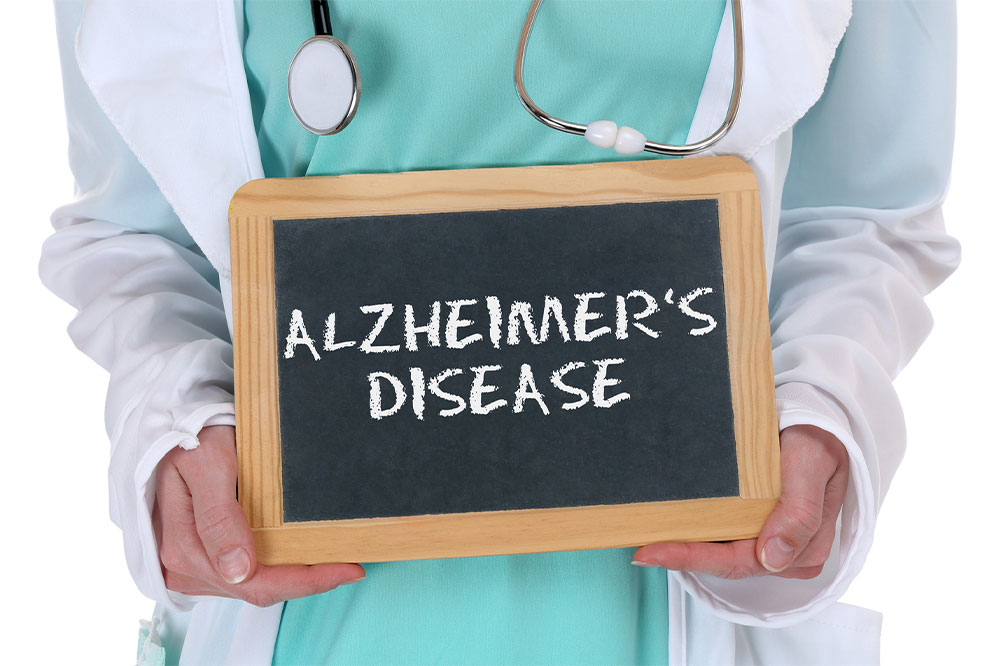Understanding Alzheimer’s Disease: Causes, Symptoms, and Prevention
Discover essential insights into Alzheimer’s disease, including its causes, symptoms, diagnostic approaches, and prevention strategies. Learn how to identify early signs and maintain a healthy lifestyle to reduce risks. Early diagnosis and lifestyle changes are key to managing this progressive neurological disorder effectively.
Sponsored

Alzheimer’s disease (AD) is a progressive neurological disorder that impairs memory, thinking, and behavior. It gradually worsens over time, especially as it begins to interfere with daily routines. While often associated with aging, Alzheimer’s can affect individuals under 65. The brain naturally undergoes changes with age, such as slowed thinking and memory issues. A hallmark of AD is difficulty learning new information, due to degeneration in learning centers of the brain. Symptoms become more severe, including disorientation, mood swings, confusion, paranoia, and severe memory loss. Early diagnosis is crucial for managing symptoms and improving quality of life. Though the exact cause remains unknown, genetics account for about 70% of the risk, with other factors like head injuries, hypertension, stress, and depression contributing. Diagnosis involves medical history, behavioral assessments, neuroimaging, and blood tests. Since early symptoms often mimic normal aging, prompt testing is vital. Preventive measures focus on maintaining a healthy lifestyle — balanced diet, regular exercise, mental engagement, and managing cardiovascular risks. Avoiding smoking, excessive alcohol, and unnecessary medications further reduces risk. While no cure exists, early detection and lifestyle modifications can slow progression and enhance patient well-being.






